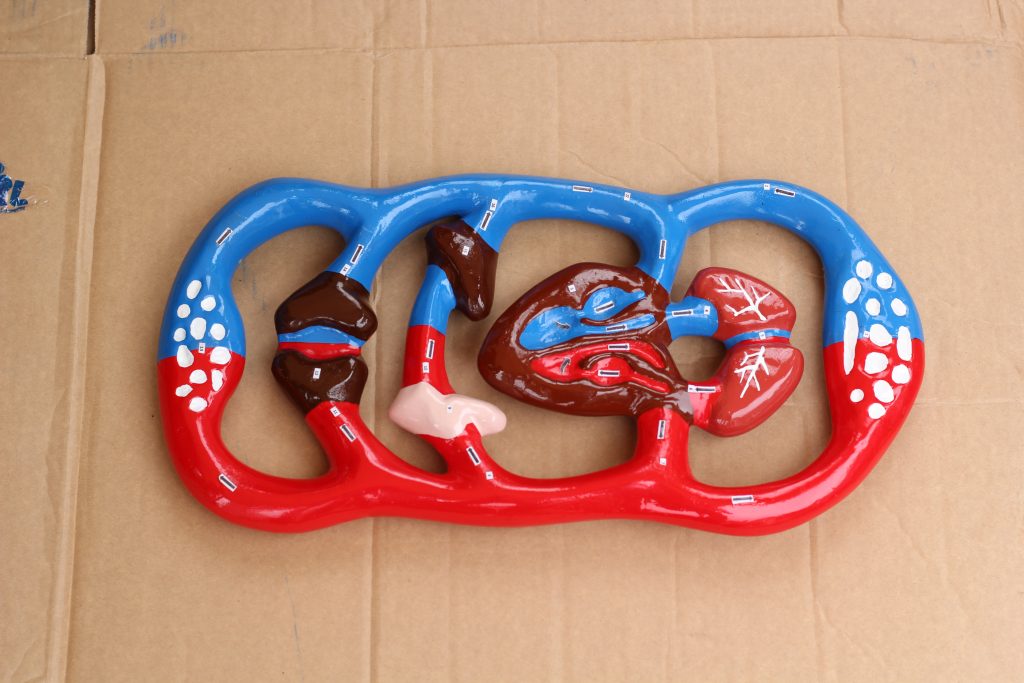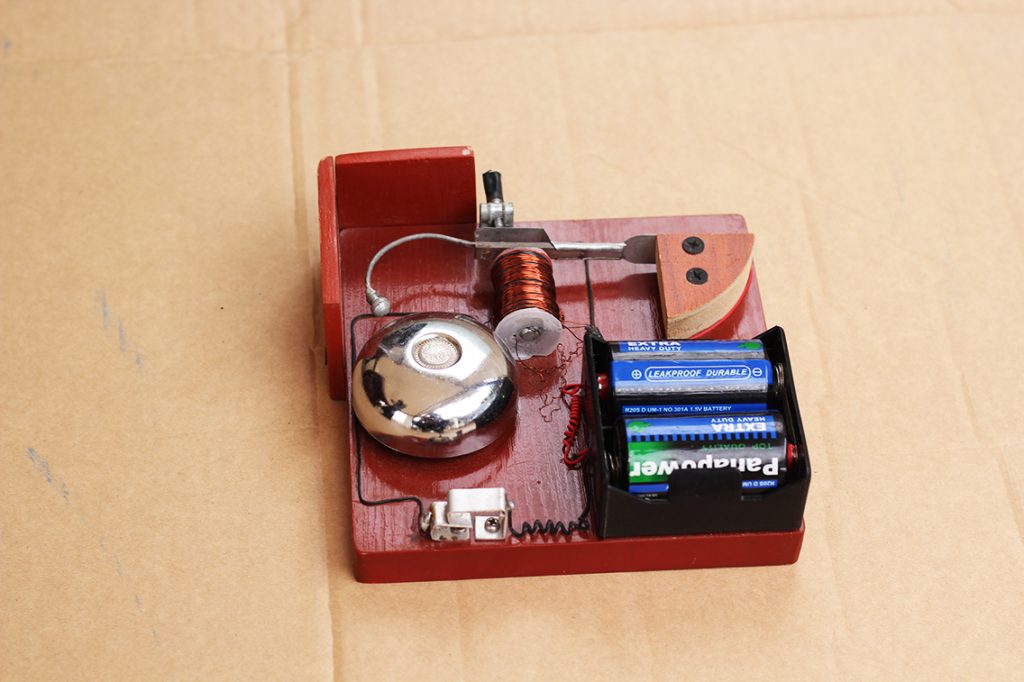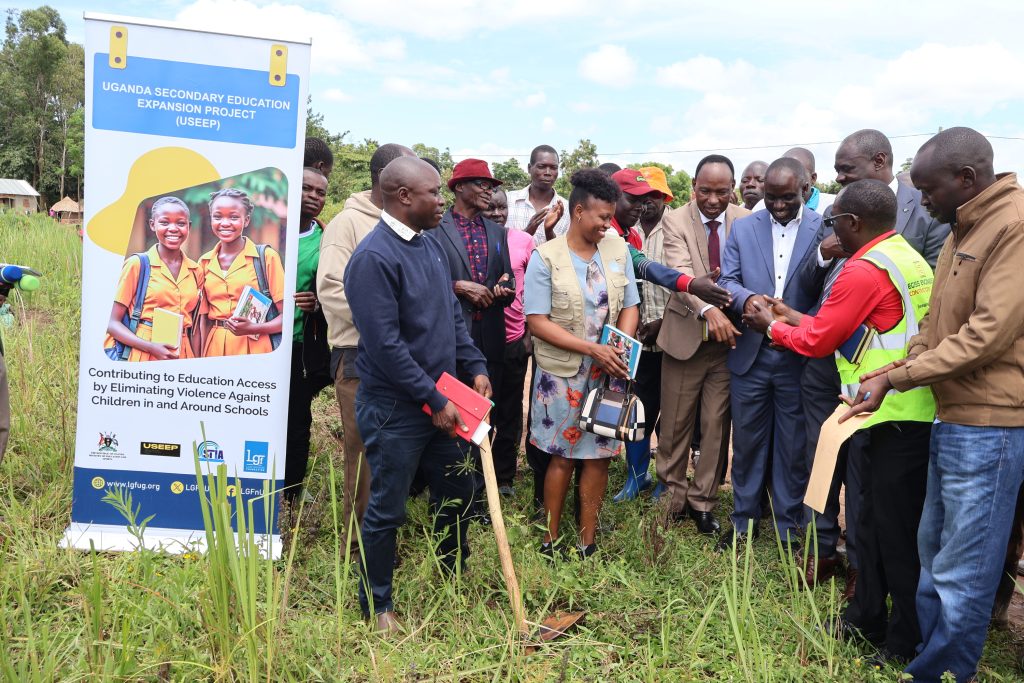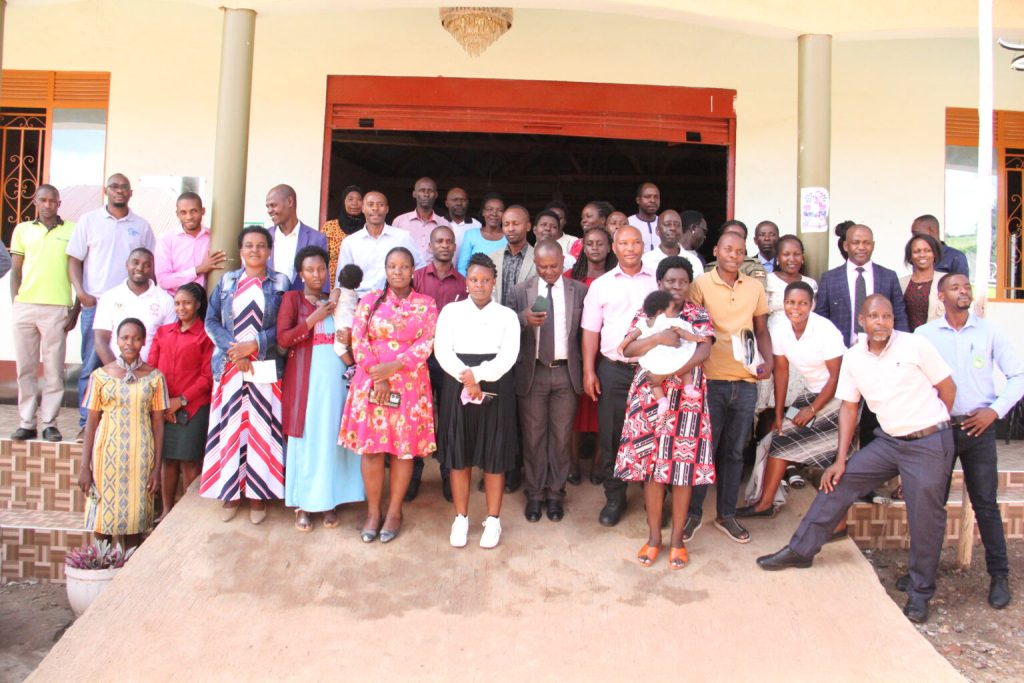Nambale Geoffrey Sparks is a science teacher at Chodong Primary School in Bukedea District.
Like many others who studied science in the past with limited resources, he shares similar experiences of struggle. However, he has found ways to overcome these challenges and improve science education. Here is his story.
“Looking back at my own school days, learning science was quite challenging due to limited resources. Our teachers tried to make lessons practical, but many topics, especially in physics, were difficult to demonstrate. Some experiments, like transpiration, were manageable using locally available materials like polythene bags, but others—such as expansion of metals, pulleys, and changes in states of matter—were nearly impossible due to a lack of equipment.

Despite these challenges, I was determined to excel. I completed my primary education at Nyondo Demonstration School, earning a distinction in science. This motivated me to pursue secondary education, where I had access to better-equipped laboratories. However, financial constraints prevented me from advancing to A-Level, and I instead joined Nyondo Core PTC in Mbale District for teacher training.
In 2009, I began my teaching career at Nabumali Day Primary School, where I was fortunate to teach my favorite subject—science. However, like many primary schools, we struggled with limited resources, relying mostly on diagrams and a few basic experiments. When I later secured a government teaching position in Bukedea District, I partnered with my head teacher—who also taught science—to create improvised teaching aids using locally available materials. Our efforts paid off, as our school was recognized as one of the best-performing schools in the district, particularly in science.
A major turning point came when our school received a science kit from River Flow International. This kit transformed our teaching experience, providing essential tools like pulleys, gears, body organ models, electric bells, microscopes, and measuring cylinders—equipment we had only seen in textbooks before. With these resources, science lessons became more engaging and practical, making it easier for learners to grasp complex concepts.

I am incredibly grateful to my school administrators and River Flow International for this invaluable support. This kit has revolutionized my teaching, saving time and increasing student participation. My goal is to ensure that my learners do not struggle with science the way I did. I encourage fellow teachers to be innovative, use their environment, and make science practical. Even with limited resources, persistence and creativity can lead to transformation. One day, help may come—just as it did for us at Chodong.



